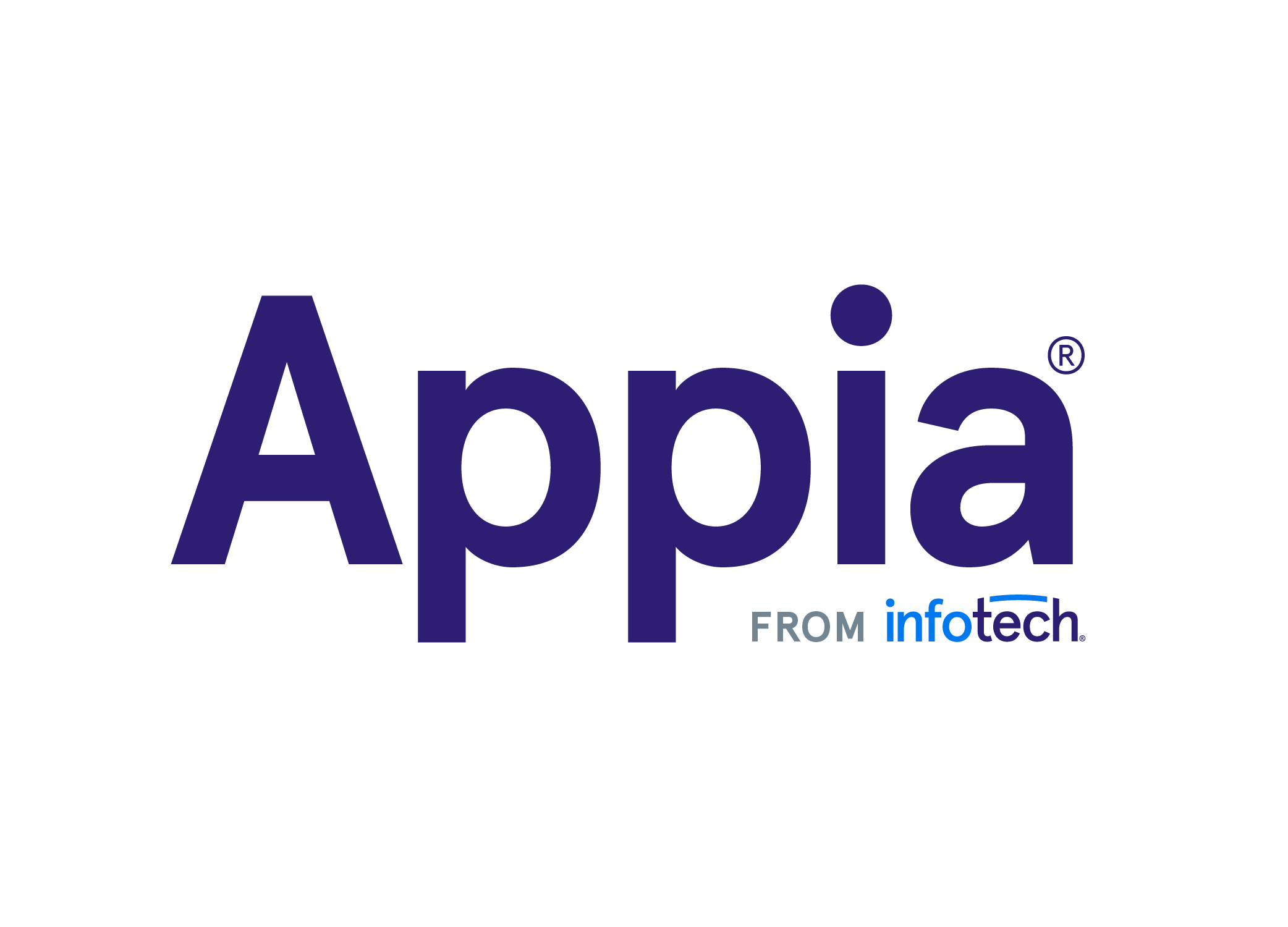What is Construction Administration?
What is construction administration? The infrastructure construction industry is a terminology-heavy world, and construction administration is no different. Put simply, construction administration is the oversight and execution of a construction contract during the preconstruction and construction phases of a project.
A construction administration team helps ensure the timely execution of different phases in the construction project, all while reviewing and documenting progress for the project owner or client. In many ways, the team or person in charge of construction administration on a project is the intermediary between contractors and subcontractors that are working on the project and the project owner. The responsibilities of a construction administration team are usually as follows:
-
Approving change orders from the contractor that fit the client’s budget
-
Generating pay estimates and ensuring contractors are paid on time
-
Reviewing inspection reports to ensure the project is progressing smoothly
-
Resolving disputes over quantities or pay items with contractors
-
General problem-solving and collaboration with various teams
Construction administration is a much more focused role than construction management, which often involves oversight of an entire construction project from concept/planning through design and into construction and asset management. Construction administrators are focused on the execution of the contract that was signed between the project owner and the engineering firm, architecture firm, or general contractor. Their job begins when the design has been completed, approved, and construction is ready to begin. And while the brunt of work may fall to the contractor, the construction administrators role as an observer and record-keeper is essential.
Construction Administration Roles
-
Project Owner – while not technically a “role,” the Project Owner is the one funding the construction project, and as such, they expect successful execution of the construction contract. To ensure this, they assign someone in an oversight capacity, often from an engineering consultancy.
-
Lead Engineer, Construction Contract Administrator, Construction Project Manager – this is the person in charge of construction administration for an infrastructure project. They are tasked with reviewing submittals and inspection reports, tracking funds and materials, generating pay estimates, and serving as a liaison between the owner and the contractor.
-
Inspector – the inspector works for the lead Construction Contract Administrator/Construction Project Manager and is in charge of documenting daily status reports about job site progress, conditions, materials, and anything else relevant to project reporting.
Construction Administration Software
Many construction administration teams use software tools to assist with inspection, record-keeping, and communication. These tools often fall under the banner of e-Construction. Construction administration software helps construction project managers tackle the following issues with a paper or spreadsheet-based process:
-
Scattered project-record keeping – at the conclusion of a construction project, occasionally an auditing agency will need full-access to construction project records. Having these records in an organized, digital format is often a more efficient and comprehensive audit trail process than filing cabinets or shared drives.
-
Manual and/or duplicate entry – often, inspectors will record information at the job site, drive back to the office, and record it from their notes. This method isn’t just time-consuming, it can lead to crucial errors in reporting that are limited by synced, source entry.
-
Pay estimate generation – when a construction project manager has to manually compile daily reports, fund tracking, and change orders to produce a pay estimate, it can take hours. Software solutions often allow for instantaneous pay estimate generation using project data.
-
Resolving contractor disputes – disputes over quantities or payments can pop up on a construction site. Software platforms offer a level of transparency and tracking that makes these disputes easy to resolve with hard data.
Are you looking for the right construction administration software?
If you are looking for software that’s specific to unit cost/price contracts on heavy civil infrastructure projects, Appia might be the right solution for you. Appia was built to fill a specific niche in the horizontal construction industry – owner’s representation. While our software is used by owners, our most active users are engineering consultants that work for state and local agencies on infrastructure projects. Benefits to using Appia include:
-
Effortless maintenance of project records
-
Eliminating data redundancy and errors
-
Creating daily reports in the field from templates
-
Managing change orders, material tracking, and more in one database
